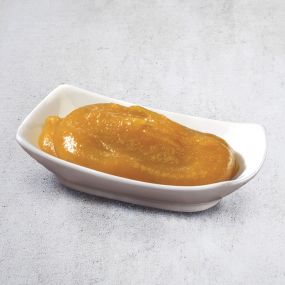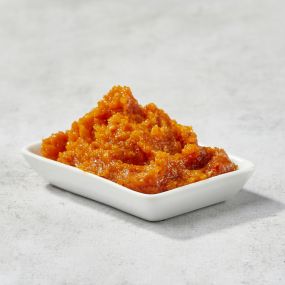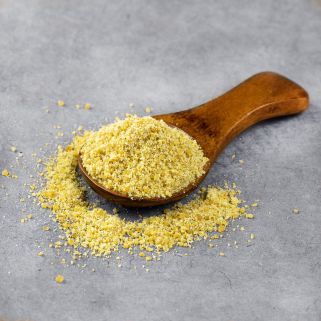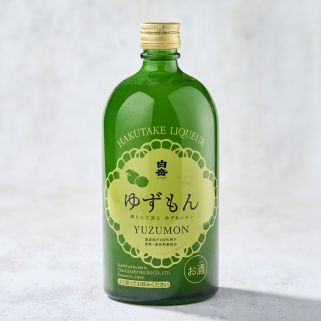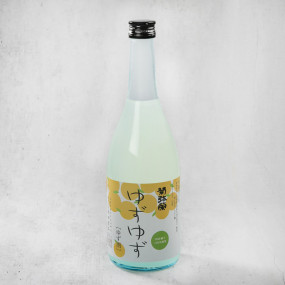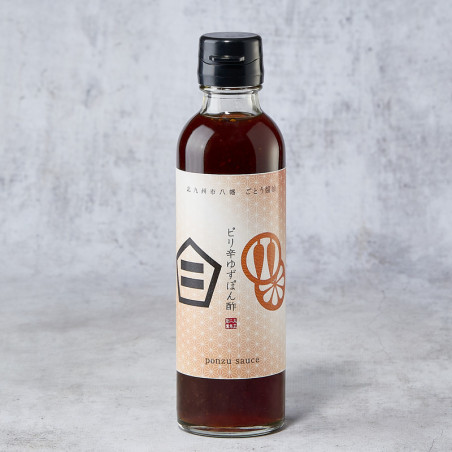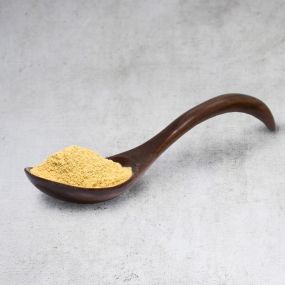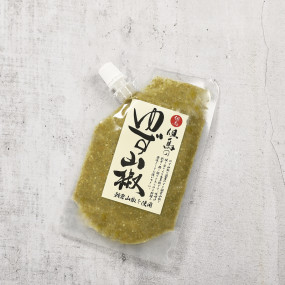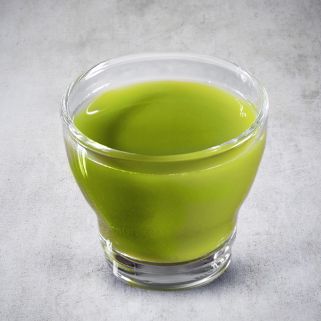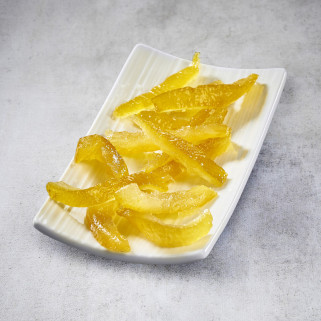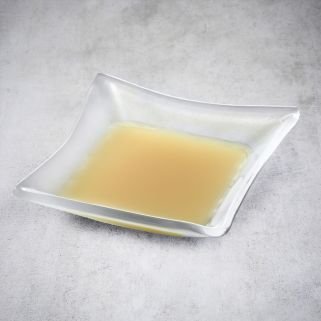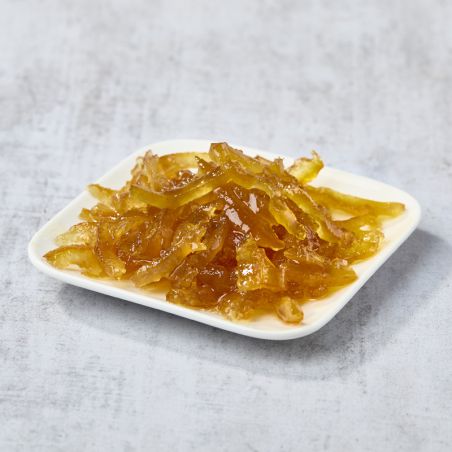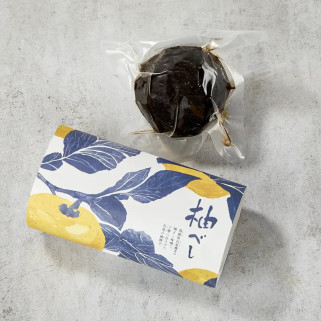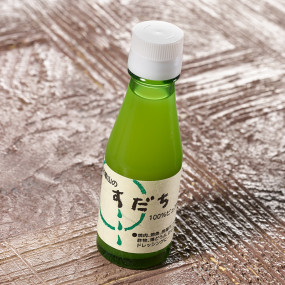Add to my wishlist "Home made Yuzu from Kôchi puree"
Select a wishlist to add this product
There are not wishlist.
This product has been added to wishlist.
View my Wishlists
This product has been added to your wish list.
Remove
This product was successfully removed from your wish lists.


Add to my wishlist "Home made Yuzu from Kôchi puree"
Select a wishlist to add this product
There are not wishlist.
This product has been added to wishlist.
View my Wishlists
This product has been added to your wish list.
Remove
This product was successfully removed from your wish lists.
€9.90
€47.14 / Kg
(8 reviews)
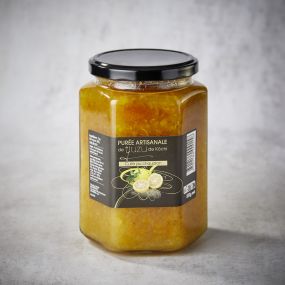

Add to my wishlist "Home made Yuzu from Kôchi puree"
Select a wishlist to add this product
There are not wishlist.
This product has been added to wishlist.
View my Wishlists
This product has been added to your wish list.
Remove
This product was successfully removed from your wish lists.
This puree is elaborated from the best yuzu from Kôchi Prefecture in Japan, harvested at full ripeness. Seeds have been manually removed and cooking is handmade in a caldron with a maximum capacity of 40 kg.
€9.90
€47.14 / Kg
(8 reviews)


Add to my wishlist "Home made Yuzu from Kôchi puree"
Select a wishlist to add this product
There are not wishlist.
This product has been added to wishlist.
View my Wishlists
This product has been added to your wish list.
Remove
This product was successfully removed from your wish lists.
This puree is elaborated from the best yuzu from Kôchi Prefecture in Japan, harvested at full ripeness. Seeds have been manually removed and cooking is handmade in a caldron with a maximum capacity of 40 kg.
€9.90
€47.14 / Kg
(8 reviews)






































